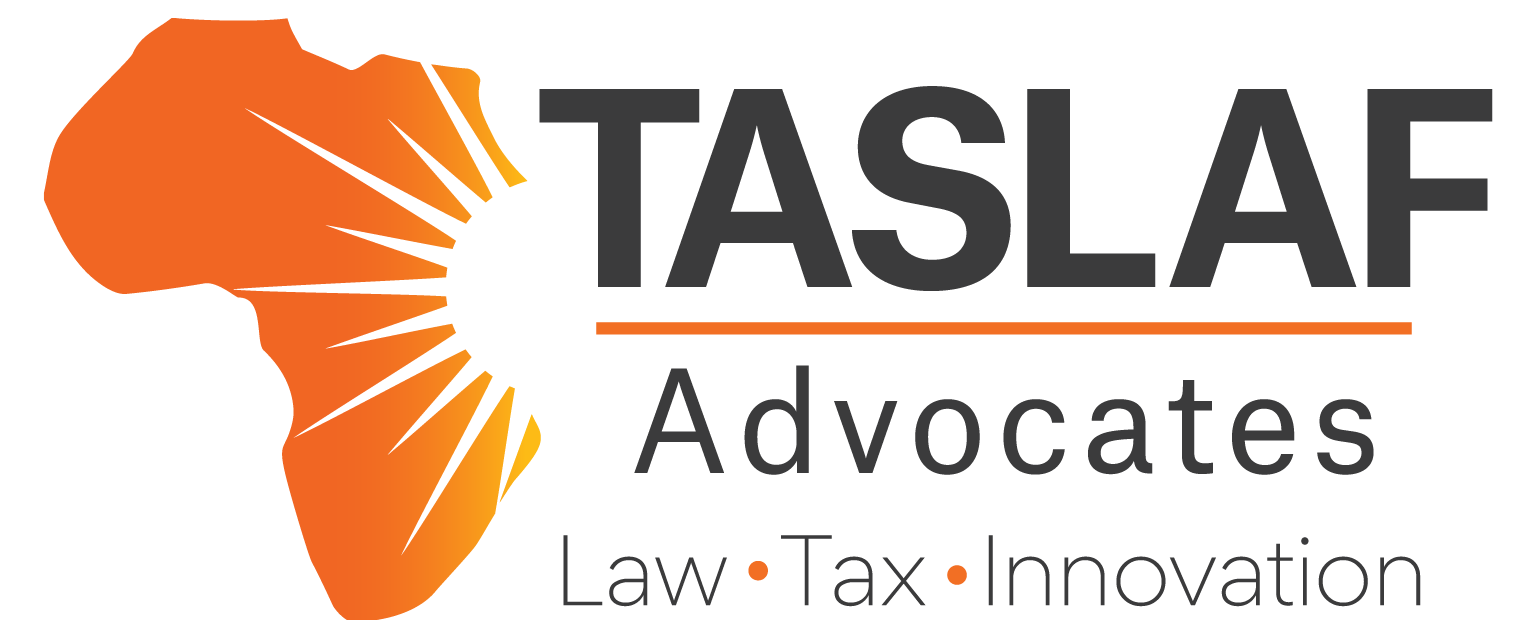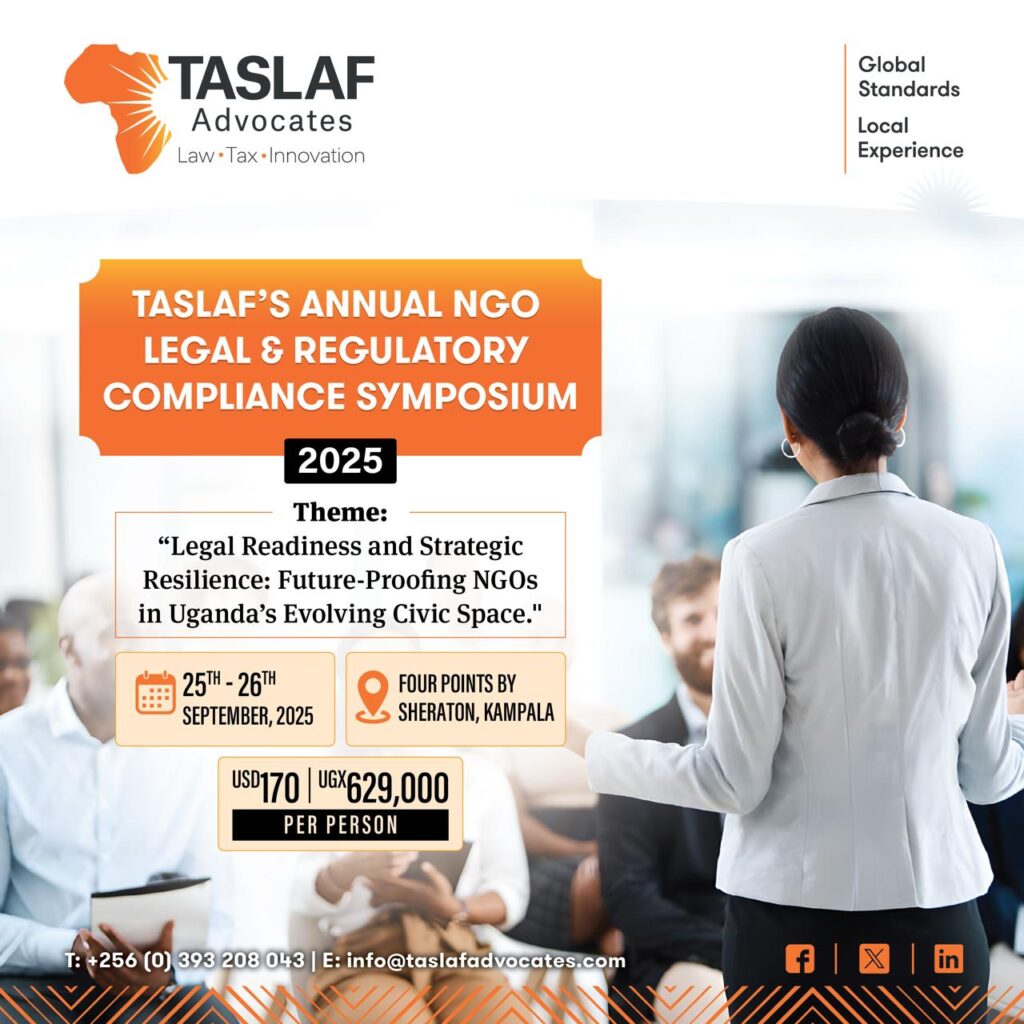The rise of the “gig economy” has redefined the way work is organised. Digital platforms such as Uber, Faras, Glovo, and SafeBoda now mediate millions of transactions worldwide, connecting service providers with customers through smartphone apps. While these innovations increase flexibility and market reach, they raise an increasingly urgent legal question: Are gig workers independent contractors, or do they have rights under labour law as “workers” or “employees”?
The UK Supreme Court’s landmark decision in Uber BV v Aslam provides a compelling framework for answering this question — one that Ugandan lawmakers, courts, and regulators can no longer ignore.
The Legal Question in Uber BV v Aslam.
At the heart of the case was whether Uber drivers were:
- Working for Uber under “workers’ contracts” (entitled to minimum wage, paid leave, and other protections), or
- Working for themselves as independent contractors, with Uber merely acting as a booking and payment agent.
Under UK law, the definition of “worker” in limb (b) requires:
- A contract to perform work or services for another party;
- A personal obligation to do the work; and
- The other party not being a client or customer of the worker’s own business.
Uber argued that the drivers had contracts only with passengers, not with Uber, and that Uber’s role was limited to providing technology and acting as a booking/payment agent. The Court rejected this, looking beyond the written contracts to the practical reality of the working relationship.
Why the Court Found the Drivers Were Workers.
The Court found multiple indicators of control, dependency, and subordination, showing that Uber drivers were not truly independent. Key factors included:
- Control over Remuneration.
Uber set the fares, prohibited charging above them, and deducted its own “service fee.” Drivers had no power to negotiate prices.
- Control over Contractual Terms
Drivers had to accept Uber’s standard terms without negotiation, both for their contract with Uber and for how they transported passengers.
- Restricted Work Autonomy
While drivers could choose when to log in, once online, acceptance and cancellation rates were monitored. Low acceptance or high cancellations led to temporary suspensions from the app, limiting earning potential — a clear economic penalty.
- Ratings as a Disciplinary Tool
Unlike typical customer review systems designed to inform consumers, Uber’s passenger rating system was used internally to measure driver performance. Poor ratings led to warnings and could result in termination. This was a classic form of performance management more akin to an employer-employee relationship.
- Restricted Communication & Customer Ownership
Communication between driver and passenger was strictly limited to trip-related matters and channelled through the app to prevent contact information exchange. Drivers could not cultivate repeat customers or build independent goodwill — all customer relationships belonged to Uber.
- Standardisation of Service
Uber tightly controlled the type of car used, the routing of trips, and even the passenger experience. Drivers were interchangeable service providers in a standardised Uber offering, with little scope to distinguish themselves through skill or service.
- Economic Dependence
Drivers’ only real way to increase income was to work longer hours while complying with Uber’s performance metrics. Entrepreneurial skill had little or no role in improving earnings.
Why This Matters in Uganda.
Uganda’s Employment Act, Cap 226 defines an “employee” narrowly as any person who has entered into a contract of service or an apprenticeship contract, including government workers, local authority staff, and employees of parastatal organisations, but expressly excluding members of the Uganda Peoples’ Defence Forces. Unlike the UK’s Employment Rights Act, Ugandan law does not recognise a broader “worker” category that captures people in intermediate positions between traditional employees and self-employed entrepreneurs. This creates a significant gap: many platform workers — such as ride-hailing drivers, delivery riders, or digital freelancers — risk being excluded from core labour law protections such as paid leave, notice periods, and safeguards against unfair dismissal.
Yet, the ripple effects of Uber BV v Aslam are already being felt in Uganda. Recently, in Obong Naaman v Walter Vince Tours and Travel Limited, the Industrial Court expressly relied on the principles articulated in Uber BV v Aslam to determine the nature of an employment relationship. The Court emphasised that labels in a written contract cannot override the reality of how the work is organised and controlled and declared what has been termed as freelance drivers as casual employees, echoing the UK Supreme Court’s approach that substance takes precedence over form
If a case similar to Uber BV v Aslam were brought in Uganda, courts would have to decide whether platform drivers or riders are:
- Employees, based on control, dependency, and integration into the platform’s business, or
- Independent contractors, genuinely running their own businesses.
Uganda’s legal tradition leans towards examining the true substance of a working arrangement rather than being bound by contractual wording alone. Under that test, the Uber model — with its strict performance monitoring, algorithmic management, and restrictions on driver-passenger interaction — could weigh heavily in favour of recognising platform workers as employees, casual employees, or at least dependent contractors entitled to key statutory protections.
The lesson from the Obong Naaman case is that our courts are open to reinterpreting employment relationships in light of modern economic realities. As platform-based work expands in Uganda, the principles from Uber BV v Aslam may well be the legal compass that determines whether gig workers remain at the margins or move into the protective fold of employment law.
Contractual Labels vs Legal Reality.
The Uber BV v Aslam decision also reinforces a principle that has direct application in Uganda: contractual provisions cannot be used to remove statutory rights.
In the UK, this is grounded in section 203(1) of the Employment Rights Act 1996, section 49(1) of the National Minimum Wage Act 1998, and regulation 35(1) of the Working Time Regulations 1998 — all of which prohibit agreements from excluding or limiting statutory protections.
The UK Supreme Court examined Uber’s contractual clauses stating that drivers had no relationship with Uber, were not directed or controlled by it, and were solely operating independent businesses. The Court held such provisions ineffective where their purpose was to prevent drivers from claiming statutory rights. It is for courts, not contract drafters, to determine the true legal nature of a relationship.
Uganda’s own Employment Act, Cap 226, contains a directly comparable safeguard in Section 4, which states that any provision in an agreement or contract of service is void if it: (a) excludes or limits the operation of any provision of the Act to the detriment of the employee; or (b) precludes any person from presenting a complaint, initiating or enforcing proceedings, or giving evidence under the Act, unless approved by a labour officer as part of a fair settlement.
This means that the principle applied in Uber BV v Aslam—that contractual clauses cannot be used to strip away statutory rights—is already embedded in Ugandan law. If platform companies operating in Uganda insert clauses stating that drivers are “not employees” or “shall not be entitled to rights under the Act,” such provisions would be void under Section 4. This strengthens the case for courts to focus on the practical reality of gig work rather than contractual labels, and ensures that attempts to contract out of basic protections are legally ineffective.
Implications for Law Reform and Practice
- Legislative Reform Needed.
Uganda could follow the UK and EU in introducing an intermediate “worker” category to protect those who are not fully independent but not traditional employees.
- Court Interpretation Opportunity.
Even without legislative change, courts and labour officers could apply a purposive interpretation of the Employment Act to extend protections where economic dependence and control mirror those in Uber BV v Aslam.
- Impact on Platforms;
Platform companies in Uganda may need to:
- Adjust contracts to allow genuine independence, or
- Accept that many of their service providers are, in law, employees.
Conclusion
The Uber BV v Aslam decision recognises a central reality of the digital platform economy: many “partners” or “contractors” are, in substance, workers dependent on and controlled by the platform.For Uganda, adopting similar reasoning would close a growing protection gap, ensuring that technological innovation does not come at the cost of basic labour rights. In the words of the UK Court, it is the reality of the relationship, not the contractual label, that matters.
Uganda’s legal system is well-placed to make that leap — the only question is whether it will do so before the gap between platform workers and traditional employees becomes too wide to ignore.
.
 Stephen Tumwesigye
Stephen Tumwesigye
Managing Partner
M: +256 (0) 774 334 908
E: stumwesigye@taslafadvocates.com
 Diana Kyobutungi, MCIArb
Diana Kyobutungi, MCIArb
Partner
M: +256 759 757 180
E: dkyobutungi@taslafadvocates.com
 Kevin Ayebare
Kevin Ayebare
Principal Associate
M: +256 787 726066
E: kayebare@taslafadvocates.com
 Benjamen Ayongyera
Benjamen Ayongyera
Legal Associate
M: +256 (0) 752 971 408 / 778 512 680
E: bayongyera@taslafadvocates.com
 George Okitoi
George Okitoi
Legal and Tax Associate
M: +256 781 843 633
E: gokitoi@taslafadvocates.com
 Stella Mudenge
Stella Mudenge
Legal Practice Manager
M: +256 (0) 703 942 215
E: practicemanager@taslafadvocates.com




